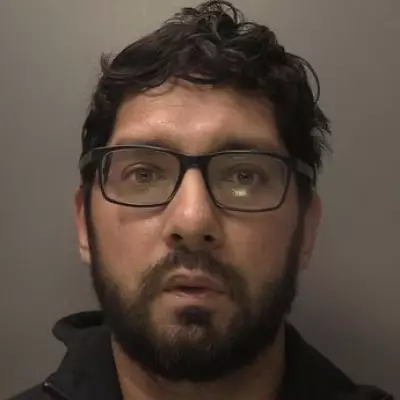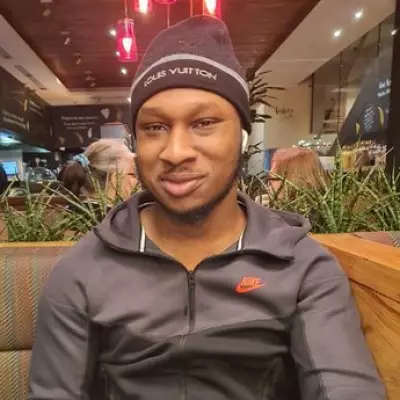
In a scene of unsettling normality, chilling CCTV footage has emerged showing convicted murderer Anthony Boughton casually visiting a Lloyds Bank branch just hours before police apprehended him for a brutal killing that shocked the West Midlands community.
The video evidence, which proved crucial to the investigation, captures 44-year-old Boughton going about his business with remarkable composure despite having committed what prosecutors described as a "savage and sustained attack" on 56-year-old David Harlow.
The Fateful Encounter
According to court proceedings at Wolverhampton Crown Court, the violent confrontation occurred on November 5th of last year when Boughton arrived uninvited at Mr. Harlow's flat in West Bromwich. What began as an argument quickly escalated into a vicious assault that would prove fatal.
Prosecutor John O'Higgins revealed to the jury: "The attack upon David Harlow was brutal and sustained. The pathologist who conducted the post-mortem examination identified 14 separate areas of injury to his head and face, including multiple fractures to his jaw, eye socket, and nose."
A Trail of Evidence
The investigation took a significant turn when detectives obtained CCTV footage from the Lloyds Bank branch on New Square, West Bromwich. The timestamped recording showed Boughton conducting routine banking transactions shortly before his arrest.
This visual evidence placed Boughton in the vicinity and timeline of the murder, contradicting any potential alibi he might have presented. The footage portrayed a man appearing remarkably composed given the violent events that had recently transpired.
Justice Served
After careful deliberation, the jury found Anthony Boughton guilty of murder. The presiding judge, Mr. Justice Choudhury, delivered a life sentence with a minimum term of 22 years before parole consideration could even begin.
In his sentencing remarks, Justice Choudhury stated: "This was a sustained and brutal attack on a man in his own home. The level of violence used was extreme and you have shown no remorse for your actions."
The case serves as a sobering reminder of how violent crime can disrupt communities and the critical role modern surveillance technology plays in contemporary criminal investigations.





